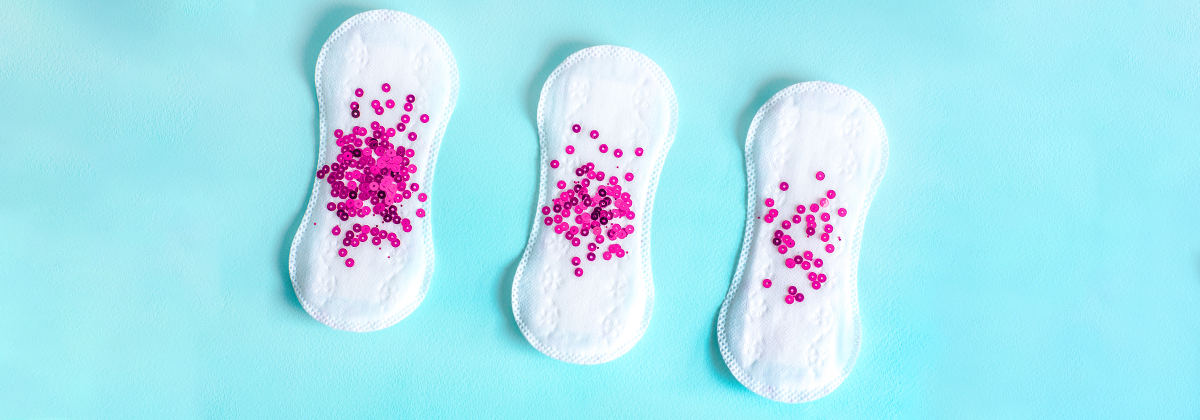- Gender and Sexuality Resource Center Home
- Get Involved
- Period Project

The Period Project
Nearly a quarter of NIU students regularly struggle to afford period products.
The GSRC provides free period products to students. If willing and able, please drop off unopened packages of pads and tampons to the GSRC, located in Peters Campus Life Building room 132, open 8 a.m.-4:30 p.m. Monday-Friday.
If you are a campus partner and need more period products please use this link: Request Refills
If you would like to volunteer with the Period Project at NIU please fill out this form: Volunteer Signup
Period Poverty
Period poverty is a lack of affordability and access to menstrual products, period education, and sanitary understandings.
One in four students in the United States regularly struggle to purchase menstrual products due to lack of income and accessibility.
Who Does Period Poverty Affect?
Students: Not all schools are required to provide period products to students, even though they provide other hygiene products like toilet paper and soap.
Housing Insecure and Low-Income Individuals: There is a severe lack of period products in shelters and low-income programs.
Incarcerated Individuals: Incarcerated menstruators often do not have access to period products without having to bargain with guards or spend their wages.
People experiencing period poverty may have to borrow products, use newspaper, toilet paper, plastic bags, or clothing items, or use no products at all.
The Tampon Tax
The tampon tax prices products marketed for menstruators higher than products of the same value for cisgender-heterosexual men and non-menstruators without reasonable cause.
The tampon tax makes period products subject to sales tax in 20 out of 50 states.
The tampon tax creates over $150 million in annual revenue in the United States.
Period Stigma
Period stigma is the discrimination faced by individuals who menstruate.
Period stigma exists due to misinformation and a lack of knowledge about periods and menstruation.
Menstruators who experience period stigma may feel uncomfortable in their bodies, shameful of their bodily functions, and embarrassed or hesitant to talk about periods.
Menstrual Myths
Menstrual myths are widely held, but false, beliefs or ideas about periods and people who menstruate.
Language Around Periods
Anyone can have a period, and it is important to use inclusive language to reflect that.
Rather than saying "feminine products," say "menstrual products" or "period products."
Rather than referring to people who menstruate as "women" or "girls," say "people who menstruate," "people who have periods," or "menstruators."
It is not just women and girls who get periods, and it is crucial to include trans, non-binary, and gender non-conforming folks in the conversation around periods.
Menstrual Equity
Menstrual equity is the intersectional framework of actions, policies, and laws enabling safe periods through equitable and affordable access to period products.
What Can You Do?
Community Advocacy: Educate your community with the proper resources and information. Shut down stereotypical references that add to the stigma around periods.
Donate or Promote Donation: The GSRC accepts donations in the form of unopened packages of pads and tampons.
The Period Project at NIU raises awareness around the financial burden that purchasing period products can cause individuals, specifically NIU students, while destigmatizing the way we talk about periods. The project also provides period education to individuals, groups, and departments across NIU's campus. For more information, contact Sam Glaab-Lanigan, associate director for the GSRC and Period Project coordinator, at sglaablanigan@niu.edu.
Upcoming Events
Contact Us
Gender and Sexuality Resource CenterCampus Life Building 132
545 Lucinda Avenue
DeKalb, IL 60115
815-753-4772
gsrc@niu.edu
Hours
Mon.-Fri. 8 a.m.-4:30 p.m.
Appointments with staff members are available upon request by Navigate 360 or email.